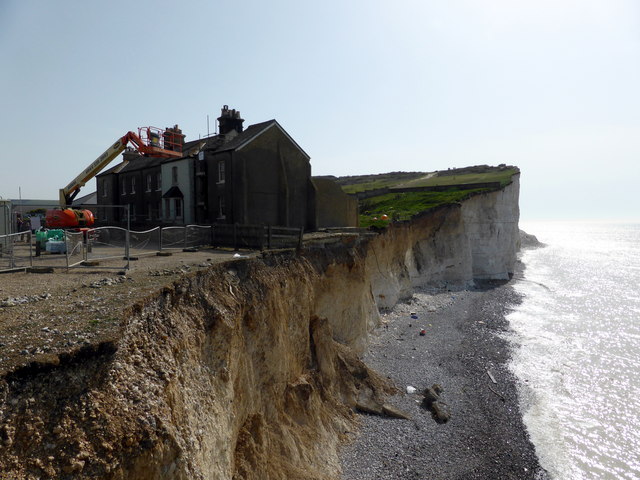Rising temperatures can lead to rising seas, coral bleaching, fish migrations, and more acidic oceans. But public awareness of how climate change impacts oceans is still relatively limited.
A major new poll published today tried to assess how much citizens from 10 European countries including the UK know about climate change’s impact on the marine environment.
Overall, the answer is: not much. But a closer look reveals some interesting differences across people’s’ views in each of the countries.
Ocean Concern
Not many people think of climate change as threat to the oceans, the study published in the journal Frontiers of Marine Science found. Of the 10,000 people the researchers surveyed, only four percent of people answered “climate change” when asked to name three environmental issues that affect the oceans.
People in Germany, Italy and Spain were the most informed about climate change’s impact on the oceans, with citizens of the Netherlands, Estonia and Czech Republic the least informed.
Perhaps unsurprisingly, people that live in coastal areas were more concerned than people that live inland.
“We don’t all engage with issues around climate change impacts on the coast and seas in the same way,” study author Paul Buckley of UK applied marine science research center CEFAS told DeSmog UK. “Awareness and levels of concern are generally higher for people living closest to the sea, women, Southern Europeans, and increases with age.”
Scientists predict that climate change could lead to sea-level rise of between 50 centimeters and 1.5 metres by 2100.
In general, people were more concerned about non-climate related threats to the oceans such as marine pollution and overfishing.
And few people were aware of impacts caused by climate change, such as ocean acidification, the researchers found. Only 20 percent of respondents said they thought ocean acidification was already happening due to climate change.
Scientists have warned that urgent action needs to be taken to limit warming – it is the main driver of ocean acidification that can lead to coral bleaching. A particularly bad bleaching event in 2016 left only nine percent of the reefs in Australia’s Great Barrier reef untouched.
Tightening chemical controls and increasing international efforts to cut emissions and combat climate change were generally popular ways to tackle the impacts of climate change on the oceans, the study found, with 57 percent and 37 percent of respondents listing those actions in their top three priorities for EU marine policies.
The results show the European public is relatively well informed about threats to the oceans but that more work needs to be done to explain how climate change threatens the marine environment, the researchers concluded.
Distrust from the UK
The study highlighted some quirks specific to the UK.
Climate change is likely to accelerate sea level rise and make storms more frequent and intense. The combination of both factors could lead to accelerated coastal erosion.
Sea-level rise featured prominently in responses from people living in the UK. Coastal erosion was also a key concern.
As Buckley noted via email: “In our part of the world (East Anglia) the erosion is a big issue”. There have been several high profile events, including a 2013 tidal surge in Hemsby and decades of erosion threatening Happisborough
This finding echoes a 2013 national survey of almost 2,000 UK residents into climate change beliefs and perceptions of weather-related changes in the United Kingdom. This poll highlighted coastal erosion as one of the key weather-related events that the public believe has become more frequent during their lifetime, scoring higher than heat and drought related events. British citizens, however, had little idea about when the impacts of ocean acidification could hit, with almost 30 percent of respondents saying they did not know when the impacts from ocean acidification would become apparent. In terms of tackling the impact of climate change on oceans, increasing the share of energy from low carbon sources and improving coastal defences were particularly popular with people in the UK. The researchers also tried to gauge where people got information from, and which sources they trust. They found that the UK public generally had low levels of trust in all sources – from blogs to TV to scientific publications. UK respondents particularly mistrusted internet sources, with only 40 percent of people saying they believed information they found online. UK respondents, along with their German counterparts, were also the least likely to trust information that came from the EU. Scientists from academic institutions or NGOs were the most trusted overall. “We need to tailor our message given the differences in how audiences across Europe engage with these issues,” said Buckley. “Making issues that seem remote from people’s everyday lives relevant is certainly a challenge.” Photo: Paul Farmer via Geograph | CC 2.0
Subscribe to our newsletter
Stay up to date with DeSmog news and alerts






